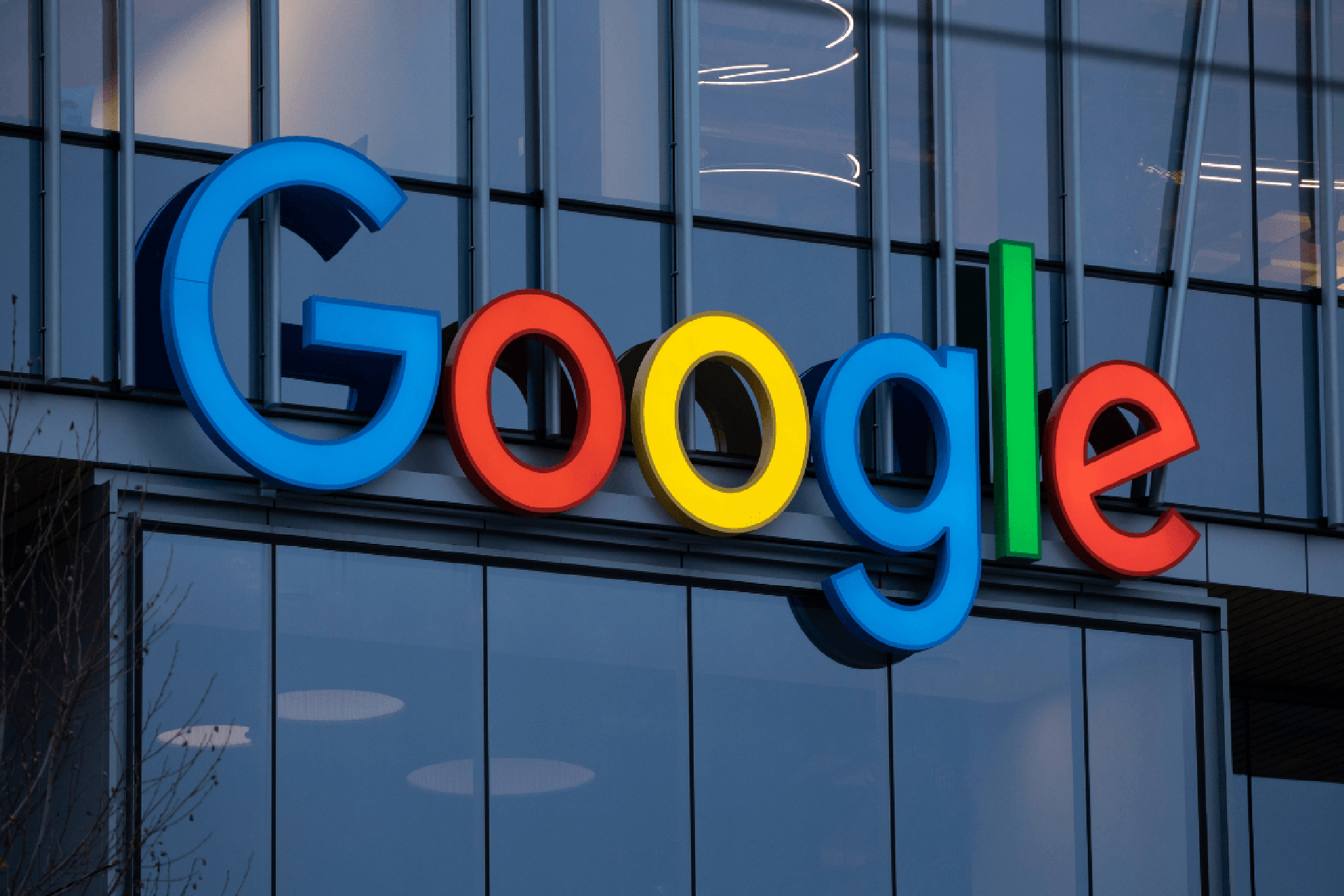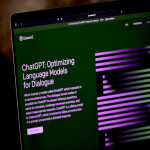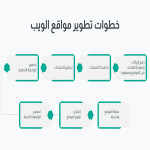The Wall Street Journal reported that Google is already testing Med-PaLM 2 AI chat technology in Mayo Clinic and other hospitals, relying on the company’s PaLM 2 (LLM) large language model that supports Bard, Google ChatGPT’s competitor – and was launched just months ago at Google I/O.
Unlike the core model, Med-PaLM-2 has been trained on the questions and answers from medical licensing exams, along with a curated set of expert medical offerings, giving it experience in answering health-related questions, and can also perform labor-intensive tasks such as summarizing documents and organizing research data, according to the report.
During the I/O conference, Google released a paper detailing its work on Med-PaLM2, and on the positive side, demonstrated features such as “compatibility with medical consensus,” the ability to think, and even the ability to generate responses preferred by respondents to physician-generated responses, more passively, showed the same accuracy issues we saw in other Chat AI models.
Microsoft is also developing AI medical chat technology based on OpenAI’s ChatGPT, having collaborated with healthcare software company Epic, and Google is also working on its AI for ultrasonic diagnosis and cancer treatment, as it revealed in March, both companies promised to keep patient information confidential, saying they are not training their models on patient data, and last month, Microsoft expressed concern about the ChatGPT technology doctors are using to improve communications with patients.
In an internal email reviewed by the Wall Street Journal, Google said it thought the updated model “could be extremely valuable in countries with limited access to doctors” However, Google admitted that technology is still in its early stages.
Greg Corrado, Senior Research Manager at Google, said: “I don’t feel that this type of technology is still somewhere I want in my family’s healthcare journey,” he added, however, that technology “takes a place in healthcare where AI can be useful and expands it 10x.”





